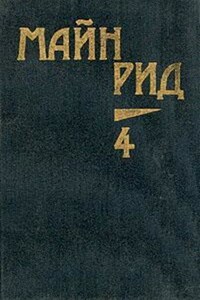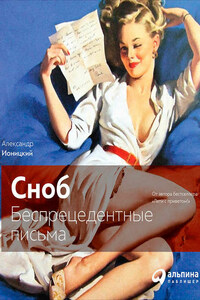Les Greenleaf and my dad, Ben Austin, had served in the same outfit during the Vietnam War, and twenty-five years later they could spend whole afternoons swapping war stories. They both grew up in Everett, a town thirty miles north of Seattle. And they both worked at the same place, since my dad was a sawyer at Greenleaf Sash and Door, Inc.
Aside from that, they couldn’t have been much more opposite. Les Greenleaf was a Catholic, a Republican, and a member of the National Association of Manufacturers. My dad was a Methodist, a Democrat, and a member of the AFL-CIO. Les Greenleaf had investments, and Ben Austin lived from paycheck to paycheck. They were on opposite sides of just about any fence you could think of.
“Buddyship,” though, tends to jump over all kinds of fences. I guess that when people are shooting at you, you get attached to the guy who’s covering your butt.
Back during the late sixties, staying out of the army and the war in ‘Nam had been every young man’s major goal in life. Rich kids could get a student deferment if they were smart enough to get into college, but working-class kids had to take their chances.
Les and my dad both graduated from high school in 1967. My dad promptly married pretty Pauline Baker, his high-school sweetheart and went to work at Greenleaf Sash and Door.
Les Greenleaf enrolled in the University of Washington, joined a fraternity, and majored in parties. He flunked out at the end of his sophomore year.
My dad had evidently had a little spat with mom, and just to show her how independent he was, he enlisted in the army—something he might not have done if he’d been completely sober. He was, however, sober enough to sign on for only two years rather than the customary six.
As it turned out, Les Greenleaf was inducted on the same day, so they started out together. My mom had been pregnant—with me—during her little argument with dad, which might have explained why she’d been so grouchy.
Anyway, Ben and Les went off to war, and mom stayed home and sulked.
I was about a year and a half old when they got out of the army, and I was among the guests at the wedding of Mr. Lester Greenleaf and Miss Inga Wurzberger. I was the one who slept through the whole ceremony. Inga was obviously of German extraction—Bavarian, I think—and she’d been a sorority girl at U.W. while Les was concentrating on cutting classes. The wedding had taken place in a Catholic church, and I guess my dad had been a little uncomfortable about that—but buddyship prevailed.
Inga and my mom got along well together, and starting back when I was still a toddler, we often visited the Greenleafs in their fancy home in a posh district of Everett. Since I was absolutely adorable in those days, I was always the center of attention during those visits, and I thought that was sort of nice.
My time in the limelight came to an abrupt halt in 1977 when Inga blossomed and bore fruit—a pair of twin girls, Regina and Renata, who definitely outclassed me on the adorability front. As I remember, I was fairly sullen about the whole thing.
Regina and Renata were identical twins—so identical that not even Inga could tell them apart—and when they first started talking, it wasn’t English they were speaking. I’m told it’s not uncommon for twins to have a private language, but “twin-speak” is supposed to fade out before the pair get into kindergarten. Regina and Renata kept their private dialect fully operational all the way into high school.
There was a whacko social theory at that time to the effect that twins would grow up psychotic if they were dressed alike. Inga blithely ignored it and followed the ancient custom of putting the girls in identical dresses every morning, the sole difference being a red hair ribbon for Regina and a blue one for Renata. She carefully checked their little gold name bracelets every morning to be certain she wasn’t getting them mixed up. I think it was those hair ribbons that set the girls off on what the Greenleafs called the twin-game. Regina and Renata swapped ribbons three or four times a day, and as soon as they learned how to undo the clasps on their name bracelets, all hope of certainty went out the window.
Those two had all sorts of fun with that twin-game, but now when I think back, maybe they were trying to tell us something. The pretty little blond girls had no real sense of individual identity. I don’t think either one ever used the word “I.” It was always “we” with Regina and Renata. They’d even answer to either name.












